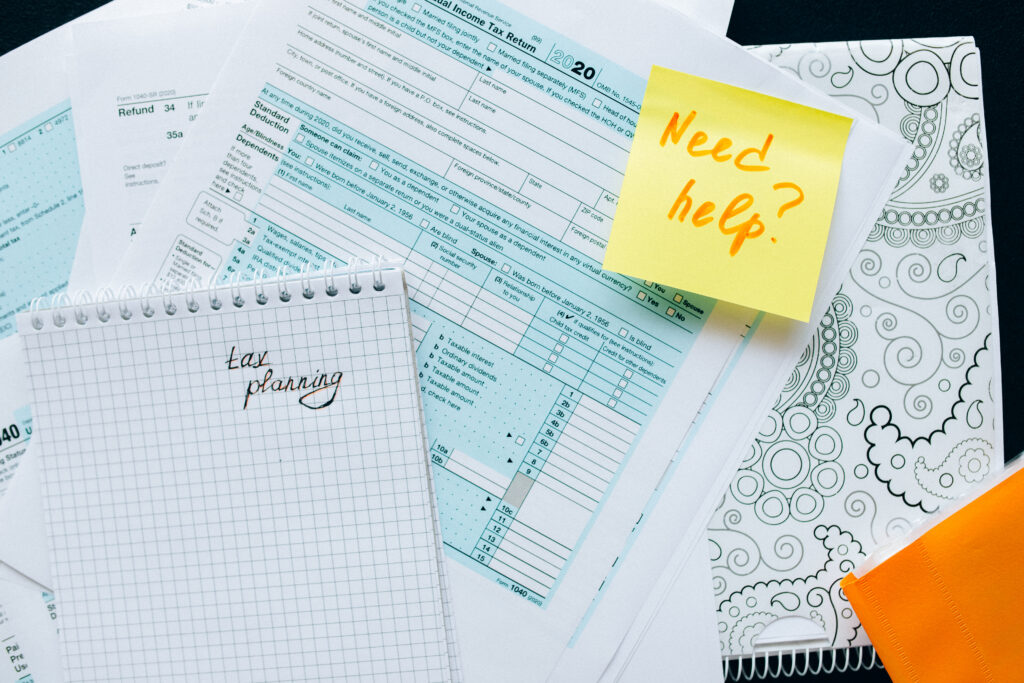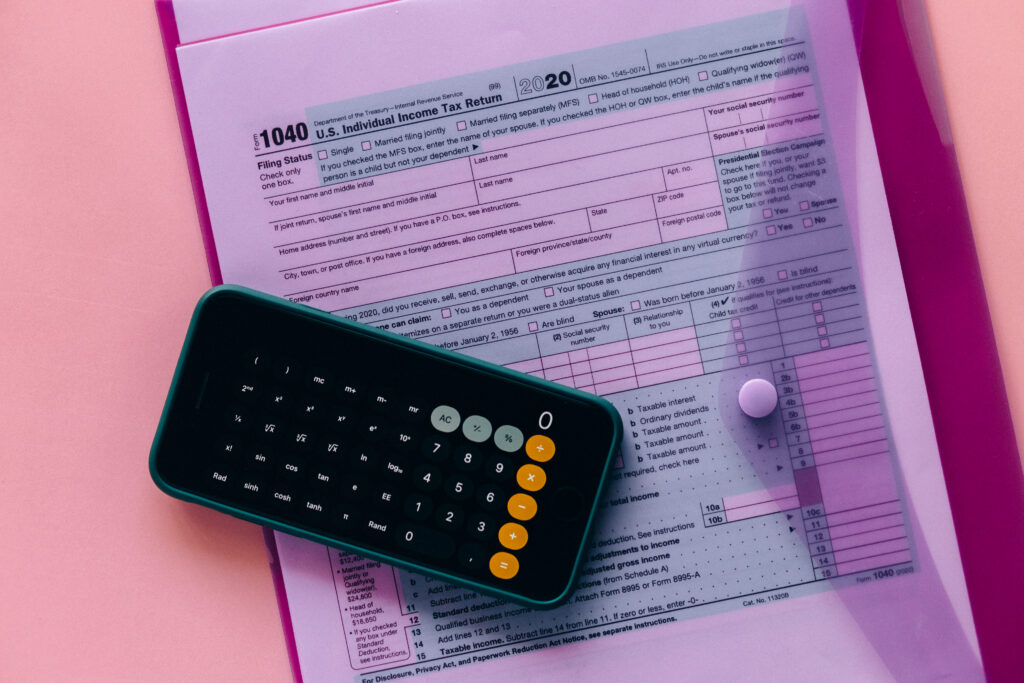Are you looking for a way to get a refund on your airfare? Look no further, as we have all the information you need. Whether it’s due to unexpected circumstances or a change of plans, getting a refund on your airfare doesn’t have to be a hassle. In this article, we will guide you through the process and provide you with the necessary steps to ensure a smooth refund experience. So, if you’re wondering how to get your money back for a canceled or changed flight, keep reading to find out all you need to know.

Understanding the Refund Policy
When it comes to air travel, understanding the refund policy is crucial. No one wants to deal with the stress of canceling a flight or experiencing delays, but sometimes it becomes necessary. That’s why it’s important to familiarize yourself with the refund policy of the airline you are traveling with. Every airline has its own set of rules and regulations when it comes to refunds, so taking the time to understand them will save you from any unpleasant surprises.
Know the airline’s refund policy
Before you book your flight, take the time to go through the airline’s refund policy. Most airlines have this information available on their website, and you can usually find it under the “terms and conditions” section. Familiarize yourself with the key points, such as whether the airline offers refunds, the conditions under which a refund may be provided, and any fees or penalties associated with cancellations or changes.
Check the terms and conditions
The terms and conditions of your airline ticket are where you will find the specific details about refunds. It may seem like a daunting task, but it’s essential to carefully read through this section before making any decisions. Look for information about refund eligibility, restrictions, and any timelines or deadlines that may apply. Understanding these terms and conditions will help you navigate the refund process more effectively.
Understand the fare class rules
In addition to the overall refund policy, it’s essential to understand the fare class rules of your ticket. Airlines offer different fare classes, each with its own set of rules and restrictions. Some fare classes may offer more flexibility and be more likely to be refundable, while others may have strict cancellation policies. Take the time to review the fare class rules associated with your ticket so you can make an informed decision about cancellation or changes.
Determine if your ticket is refundable or non-refundable
Once you have familiarized yourself with the refund policy, terms and conditions, and fare class rules, determine whether your ticket is refundable or non-refundable. Refundable tickets allow you to receive a full or partial refund if you need to cancel your flight, while non-refundable tickets may not offer any refund options. This distinction is crucial in understanding your rights and options when it comes to seeking a refund.
Refundable vs Non-refundable Tickets
Understanding the difference between refundable and non-refundable tickets is essential when it comes to managing your travel plans and expectations. Each type comes with its own set of advantages and disadvantages, so it’s important to weigh your options before making a decision.
Differentiate between refundable and non-refundable tickets
Refundable tickets, as the name suggests, allow you to receive a refund if you need to cancel your flight. These tickets generally come at a higher price point but offer more flexibility when it comes to making changes or cancellations. On the other hand, non-refundable tickets are typically cheaper but do not offer the option for a refund. These tickets often come with strict cancellation policies and may require you to pay a fee to make any changes.
Understand the advantages and disadvantages of each
Refundable tickets offer the advantage of flexibility. If your plans change or you need to cancel your flight, you can do so without worrying about losing your money. This can be particularly beneficial for those who have unpredictable schedules or are unsure about their travel plans.
Non-refundable tickets, on the other hand, can be advantageous for those who are certain about their travel plans. These tickets are often more affordable, and if you don’t anticipate any changes, they can be a great way to save money. However, it’s important to note that if you do need to cancel or change your flight, you may incur additional costs.
Consider purchasing refundable tickets for flexibility
While non-refundable tickets may be tempting due to their lower price point, it’s worth considering purchasing refundable tickets for added flexibility. This way, you have the option to cancel or change your flight if unforeseen circumstances arise. It’s a personal decision that depends on your travel preferences and situation, so take the time to evaluate which option is best for you.

Cancelled or Delayed Flights
No one wants to experience a cancelled or delayed flight, but unfortunately, it can happen. In such situations, it’s crucial to be aware of your rights and the steps you can take to seek compensation or a refund.
Know your rights regarding cancelled or delayed flights
Different countries have different regulations regarding cancelled or delayed flights, so it’s essential to know your rights based on your location. Familiarize yourself with the laws and regulations in place that protect passengers in these situations. This will empower you to take the necessary steps to seek compensation or alternative arrangements.
Check if the airline is responsible for compensation
In many cases, airlines may be responsible for providing compensation or alternative flights in the event of cancellations or significant delays. The specific conditions under which compensation is provided vary, so be sure to check if your situation meets the criteria outlined by your airline or the relevant governing bodies.
Request a refund if the airline fails to provide an alternative flight
If your flight is cancelled and the airline fails to provide a suitable alternative flight, you have the right to request a refund. Contact the airline directly and explain the situation. Be polite but firm in asserting your rights as a passenger. It’s always better to communicate directly with the airline to resolve the issue rather than assuming they will automatically provide a refund.
Requesting a Refund
If you find yourself in a situation where you need to request a refund, there are specific steps you can take to ensure a smooth process. Keep in mind that each airline may have its own refund request process, so it’s important to follow their guidelines.
Contact the airline directly
The first step in requesting a refund is to contact the airline directly. Most airlines have customer service representatives available via phone, email, or online chat. Reach out to them and explain your situation. Provide them with all the necessary details, such as your booking reference number, flight details, and reason for the refund request.
Be polite and explain your situation
When communicating with airline representatives, it’s important to remain polite and respectful. Understand that they deal with numerous customer inquiries, so maintaining a calm and friendly demeanor will help facilitate a positive outcome. Clearly explain your situation and the reason for your refund request, providing any relevant documentation or evidence to support your claim.
Follow the airline’s refund request process
Each airline has its own refund request process, so make sure to follow it carefully. This may involve filling out an online form, providing specific documentation, or adhering to certain deadlines. Pay attention to the details and ensure you provide all the necessary information requested by the airline.
Submit necessary documents and details
To support your refund request, you may need to submit additional documents or details. For example, if your flight was cancelled or significantly delayed, you may be required to provide evidence such as flight itineraries, boarding passes, or receipts. Be prepared to gather and submit these documents promptly to avoid any delays in processing your refund.
Keep copies of all communications
Throughout the refund request process, it’s important to keep copies of all communications with the airline. This includes emails, chat transcripts, or any other form of correspondence. These records serve as evidence of your interactions and can be useful in case there are any disputes or misunderstandings.

Timeframe for Refund
Once you have submitted your refund request, it’s important to understand the timeframe for receiving a refund. The processing time can vary depending on the airline and the specific circumstances of your case.
Understand the timeframe for receiving a refund
When contacting the airline, it’s a good idea to inquire about the average processing time for refunds. While there’s no guarantee that your refund will be processed within this timeframe, it can give you a general idea of what to expect. Knowing the anticipated duration can help you plan and manage your expectations accordingly.
Check the airline’s refund processing time
Every airline has its own refund processing time, which can range from a few days to several weeks or even months. Factors that can impact the processing time include the airline’s internal procedures, the volume of refund requests they are receiving, and any specific circumstances surrounding your case. Patience is key during this period, but if you feel that an unreasonable amount of time has passed, don’t hesitate to follow up.
Follow up if the refund is delayed
If you have been waiting for a refund and it has exceeded the expected processing time, it’s important to follow up with the airline. Contact their customer service department and politely inquire about the status of your refund. Provide them with any relevant information, such as your refund request reference number, to help them locate your case more quickly. Communication is key in resolving any delays or issues that may arise.
Refunds for Travel Insurance
If you have purchased travel insurance, it’s worth checking if your policy covers airfare refunds. Not all travel insurance policies offer this coverage, so it’s important to review the terms and conditions of your specific policy.
Check if your travel insurance covers airfare refunds
Review your travel insurance policy to determine if it includes coverage for airfare refunds. Look for specific language about flight cancellations or trip interruptions and the associated refund options. If you are unsure, contact your insurance provider directly and ask them to explain the coverage in detail.
Review the terms and conditions of your insurance policy
In addition to checking for airfare refund coverage, it’s essential to review the overall terms and conditions of your travel insurance policy. Pay attention to any rules or restrictions that may apply, such as maximum refund amounts or specific circumstances under which a refund may be provided. Understanding these details will help you navigate the claims process more effectively if the need arises.
Contact your insurance provider for guidance
If you believe you are eligible for a refund through your travel insurance policy, contact your insurance provider for guidance on how to proceed. They will be able to explain the specific steps you need to take, the documentation required, and any deadlines or timeframes for submitting your claim. Following their instructions will increase your chances of receiving the reimbursement you are entitled to.
Refund Options
When it comes to refunds, there are various options that airlines may offer. Understanding these options will help you make informed decisions based on your individual preferences and circumstances.
Full refund
In some cases, airlines may offer a full refund of the ticket price. This means that you will receive the entire amount you paid back to your original form of payment. This option is usually available for refundable tickets or in certain circumstances outlined by the airline’s refund policy.
Partial refund
If you have a non-refundable ticket or the conditions for a full refund are not met, the airline may offer a partial refund. This means that you will receive a portion of the ticket price back, typically after deducting any applicable fees or penalties.
Refund as credit for future travel
Instead of a monetary refund, airlines may offer to refund the ticket price as a credit that can be used towards future travel. This option can be beneficial if you have plans to fly with the same airline in the future or if you are a frequent traveler. It allows you to retain the value of your ticket and use it at a later date.
Refund through alternative payment methods
Depending on the airline’s policies, you may have the option to receive your refund through alternative payment methods. This can include options such as bank transfers, vouchers, or digital payment platforms. If you have a preference for a specific payment method, inquire with the airline to see if it is available.
Exceptions and Restrictions
While you may be eligible for a refund, it’s essential to be aware of any exceptions or restrictions that may apply. These can impact your refund eligibility or the amount you are entitled to receive.
Be aware of any exceptions or restrictions
Read the fine print and be aware of any exceptions or restrictions that the airline imposes on their refund policy. This can include blackout dates, specific conditions under which a refund is not provided, or situations where fees or penalties may be deducted from the refund amount. Understanding these exceptions will help you set realistic expectations regarding your refund.
Check if your refund is subject to any fees
In some cases, requesting a refund may come with additional fees or penalties. This can include cancellation fees or administrative charges that are deducted from the refund amount. Before initiating a refund request, check if there are any fees associated with it and evaluate whether it is still financially beneficial for you to proceed.
Consider alternative options offered by the airline
If a full refund is not available or the refund conditions don’t meet your expectations, consider exploring any alternative options offered by the airline. They may provide alternatives such as voucher credits, flight rescheduling, or the option to transfer the ticket value to another passenger. Assess these options and determine if they align with your needs and preferences.
Refunds Due to COVID-19
The COVID-19 pandemic has caused significant disruptions to air travel, leading to flight cancellations and travel restrictions. Understanding the airline’s refund policy during this challenging time is crucial.
Understand the airline’s refund policy during the pandemic
Many airlines have implemented special provisions or waivers to address flight cancellations and travel restrictions caused by the pandemic. These provisions may outline specific refund options that are available during this time, such as relaxed cancellation policies or refund vouchers. Familiarize yourself with these policies to understand your rights and options.
Review any special provisions or waivers
In response to the pandemic, airlines may have introduced special provisions or waivers that specifically address refunds. These provisions could include extended refund processing times, flexible rebooking options, or the ability to cancel a flight free of charge. Take the time to review these provisions and waivers to see if they apply to your situation.
Contact the airline for COVID-19 related refund requests
If your travel plans were directly impacted by COVID-19 and you believe you are entitled to a refund, it’s important to contact the airline directly. Explain your situation and inquire about any specific refund options that may be available due to the pandemic. Be prepared to provide any necessary documentation to support your claim, such as proof of travel restrictions or flight cancellations.
Conclusion
When it comes to seeking a refund for your airfare, it’s important to be proactive and well-informed. Familiarize yourself with the refund policy and terms and conditions of the airline you are traveling with. Understand the difference between refundable and non-refundable tickets, and consider purchasing refundable tickets for added flexibility. If your flight is cancelled or delayed, know your rights and seek compensation or a refund accordingly. Follow the airline’s refund request process, submit all necessary documents, and keep copies of all communications. Be patient but proactive in following up if the refund is delayed. Check if your travel insurance covers airfare refunds and contact your insurance provider for guidance. Understand the different options for refunds, including full refunds, partial refunds, refunds as credit, or alternative payment methods. Be aware of any exceptions or restrictions that may apply, and consider alternative options offered by the airline. During the COVID-19 pandemic, be aware of any specific refund provisions or waivers and contact the airline directly for COVID-19 related refund requests. By staying informed about your rights and options, and persisting and escalating the issue if needed, you can increase your chances of successfully obtaining a refund on your airfare.



